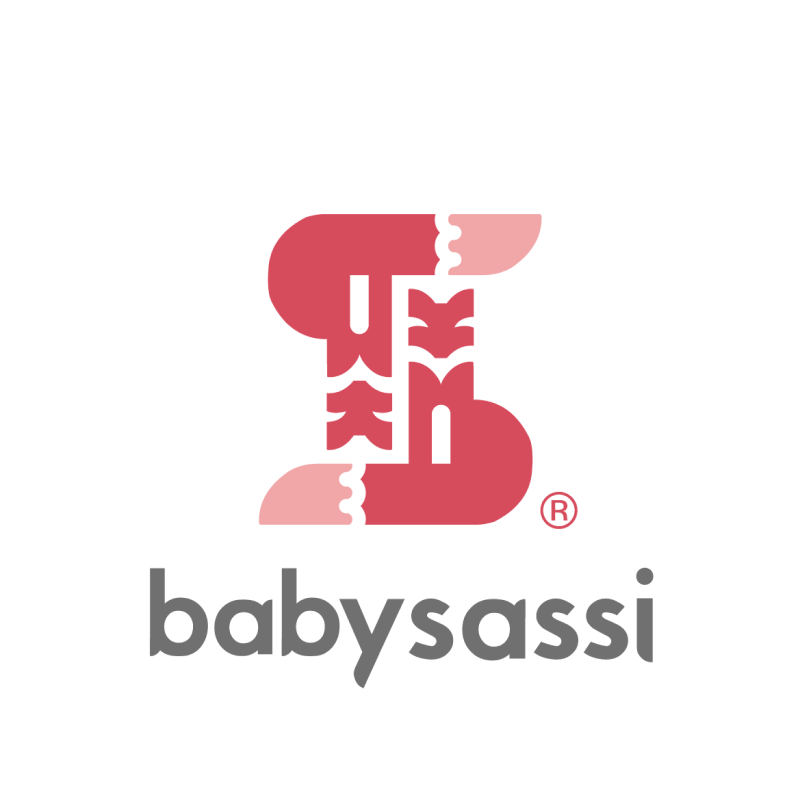Many parents often wonder when selecting toothpaste for their little ones: why do some children’s toothpaste brands emphasize “fluoride-free” options? Can toothpaste without fluoride still prevent cavities? Let’s delve into the advantages and reasons behind non-fluoride toothpaste!
What is Fluoride?
Fluoride is a highly reactive element from the halogen family, with the smallest atomic weight, appearing as a pale yellow toxic gas at room temperature. Despite its toxicity, its reactivity makes it prone to bonding with other elements, forming stable compounds. Around the 20th century, research highlighted fluoride’s ability to bond with calcium ions in teeth enamel, making the outer enamel layer less susceptible to acid erosion and thereby reducing the occurrence of cavities. This led to its widespread use in dental care products.
Why Opt for Fluoride-Free Toothpaste?
At this point, curious parents might wonder why choose fluoride-free toothpaste if fluoride is so effective against cavities. This is because while moderate fluoride consumption is generally safe, prolonged excessive intake can lead to concerns. For children who may not entirely avoid swallowing toothpaste, opting for fluoride-free toothpaste is a safer choice to prevent:
- Dental Fluorosis, Allergic Reactions, and Fluoride Poisoning
While fluoride can form an acid-resistant layer on enamel and has antibacterial properties, prolonged exposure to high fluoride concentrations during a child’s tooth development stage can lead to “dental fluorosis.” This condition manifests as white streaks or spots on enamel, and in severe cases, permanent brown streaks along with enamel roughness. Additionally, fluoride sensitivity can cause skin reactions, potentially leading to allergic responses or exacerbating skin issues.
- Potential for Acne Breakouts
Research suggests that some individuals are sensitive to halogens, including fluoride, which can stimulate sebum production and contribute to acne breakouts. Other sources of halogens, such as chlorine in swimming pools or iodine in seaweed, can similarly lead to acne. Therefore, consistent use of fluoride-containing toothpaste might contribute to chin acne, making it important to consider alternatives.
Can Non-Fluoride Toothpaste Prevent Cavities?
The key to protecting teeth isn’t solely reliant on fluoride; maintaining proper brushing habits is paramount to true oral health protection.
The “333 Toothbrushing Method” is a recommended technique by many dentists. It translates to “brushing 3 times a day within 3 minutes after each meal, and brushing for 3 minutes each time.” Pay attention to cleaning every crevice, front, and back of teeth gently and thoroughly. Therefore, non-fluoride toothpaste can indeed help prevent cavities!
Who Especially Needs Non-Fluoride Toothpaste?
Considering the potential long-term cumulative effects of fluoride toxicity and its irreversible damage to teeth, it’s crucial to minimize excessive fluoride consumption whenever possible. This is particularly important for children under 6 who might have difficulty controlling swallowing and for individuals who find it challenging to practice meticulous daily oral care.
Recommended Non-Fluoride Toothpaste
- 【babysassi】Children’s Foam Toothpaste: Made from 100% food-grade materials extracted from organic plants, this toothpaste is safe even if not rinsed. Four fruity flavors—strawberry, grape, green apple—encourage natural toothbrushing habits for children, establishing good oral hygiene practices. Adults can use it on-the-go when unable to follow a three-meal brushing schedule, maintaining oral cleanliness.
This toothpaste incorporates sorbitol to balance oral pH, natural catechins to reduce gum inflammation and odor, and is free from fluoride, alcohol, preservatives, abrasives, triclosan, and chemical sterilizers. It offers a gentle and natural way to uphold oral hygiene, suitable for all ages!
相關文章:
Maintain Your Child’s Oral Hygiene ~ Use Oral Spray to Keep Your Baby’s Teeth Healthy
Dealing with Children’s Bad Breath: Understanding the Causes and Solutions Causes of Children’s Bad Breath
Misconceptions Can Lead to Cavities! Signs to Watch Out for in Children’s Dental Health
Baby Oral Care Miracle – A New and Convenient Alternative to Children’s Mouthwash




